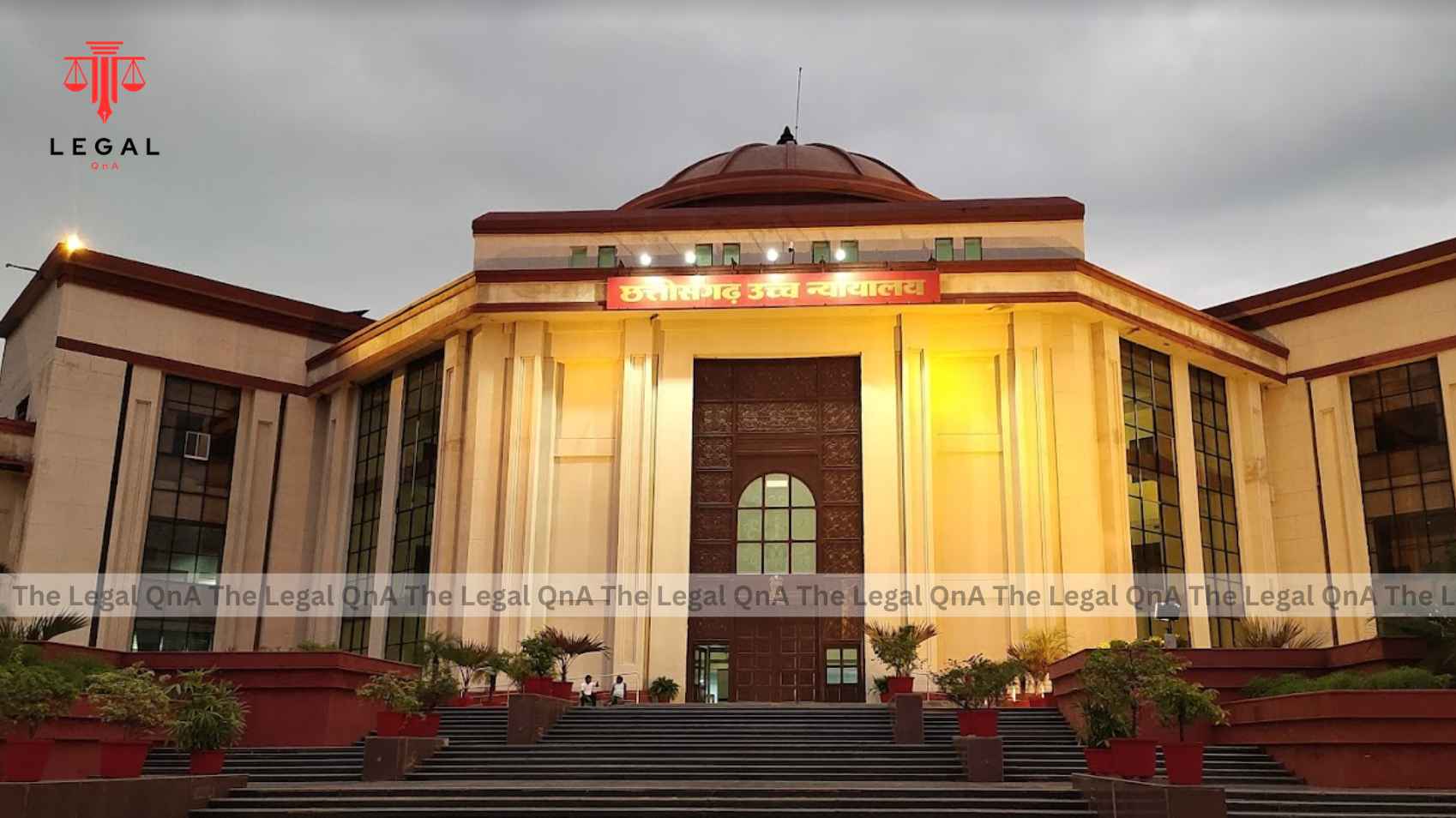HC Rules That Only Spouse in a Subsisting Marriage Can Be Prosecuted for Bigamy
Raipur, February 5, 2025 – The Chhattisgarh High Court has reaffirmed that a person who is single and marries someone already in a subsisting marriage cannot be held liable for bigamy under Section 494 of the Indian Penal Code (IPC).
Instead, only the spouse whose first marriage is still legally valid can be prosecuted.
Justice Arvind Kumar Verma, presiding over the single bench, held that Section 494 IPC explicitly penalizes a person who remarries while their first marriage is still in force. However, the provision does not extend to the second wife, who was unmarried at the time of the marriage.
The ruling came while quashing criminal proceedings against the petitioner (second wife), stating that her prosecution amounted to an abuse of the legal process.
Court’s Interpretation of Section 494 IPC
The legal question before the court was whether a second wife could be prosecuted for bigamy under Section 494 IPC.
Interpreting the statutory provision, the Court noted that only a person with an existing marriage who enters into another marriage is liable under this section.
“A bare perusal of Section 494 IPC makes it clear that the provision applies only to an individual who ‘having a husband or wife living’ remarries. The legislature’s intent is to prosecute the erring spouse and not the person who, in good faith, marries them without any preexisting marital ties,” the Court observed.
Thus, the High Court ruled that the second wife cannot be prosecuted under Section 494 IPC, as the provision does not cover individuals who were single at the time of marriage.
Case Background
The case originated from a complaint filed by the first wife, who was married to the accused-husband in 2006. The couple had a daughter in 2009.
However, she alleged that her husband and his family subjected her to cruelty and later ousted her from the matrimonial home due to his second marriage.
She later discovered that her husband had remarried in May 2011 without obtaining a divorce.
When her attempts to lodge an FIR failed, she filed a criminal complaint against her husband, the second wife, and two others under Sections 498-A (cruelty), 494 (bigamy), and 34 (common intention) of the IPC.
The second wife (petitioner) moved the trial court, arguing that she could not be prosecuted under Section 494 IPC.
However, the trial court rejected her discharge plea, prompting her to approach the Chhattisgarh High Court.
High Court’s Ruling
The Chhattisgarh High Court categorically held that Section 494 IPC does not apply to a person who was single at the time of the alleged bigamous marriage. The Court reiterated:
- Only the spouse in a subsisting marriage can be prosecuted for bigamy.
- The second wife, who had no prior marriage, cannot be held liable under Section 494 IPC.
- Criminal proceedings against the second wife were quashed, citing an abuse of legal process.
“The legislative intent is clear – Section 494 IPC is meant to punish the spouse who remarries without dissolving the first marriage, not the second wife who had no prior marital obligations,” the Court ruled.
This judgment reaffirms the legal position that bigamy is punishable only when a person with a living spouse enters into another marriage without obtaining a legal divorce.
With this ruling, the Chhattisgarh High Court has set a clear legal precedent, ensuring that the second wife cannot be falsely implicated in bigamy cases under Section 494 IPC.
The errant spouse, who marries again without dissolving their previous marriage, remains the only party liable under this provision.
This decision upholds the correct interpretation of the law and provides clarity on prosecuting bigamy cases in India.
Case Details:
- Case Title: Dr. Manju Sinha v. Smt. Pyari Dadsena & Anr.
- Bench: Justice Arvind Kumar Verma, Chhattisgarh High Court
- Date of Judgment: February 5, 2025
- Petitioner’s Counsel: Advocate Sunil Sahu
- Respondents’ Counsel: Advocates S.P. Sahu, Laxmeen Kashyap















